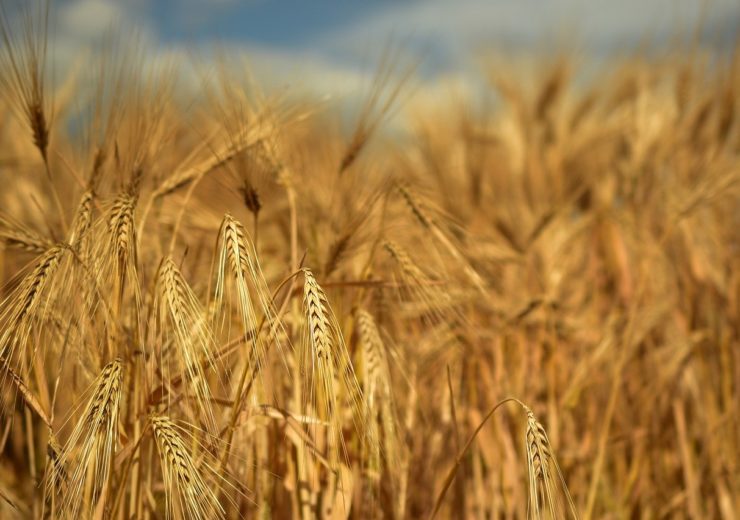The loan from EBRD will help Grain Alliance in Ukraine to expand its grain storage facilities and introduce energy-efficient measures

EBRD to support Ukrainian company Grain Alliance. (Credit: Pixabay/Peggy Choucair.)
The European Bank for Reconstruction and Development (EBRD) has agreed to provide a working capital loan of €7m to Grain Alliance Group in Ukraine to support its operations affected by the Covid-19 (coronavirus) pandemic.
Owned by Claesson & Anderzen of Sweden, Grain Alliance Group cultivates more than 50,000 hectares of land in northern Ukraine.
The loan from EBRD will help to withstand the impact of the pandemic and support the company to implement an investment programme aimed to expand its grain storage facilities and also to introduce energy-efficient measures. Technical assistance for the project is provided by the government of Japan.
EBRD is providing the loan from it Solidarity Packages announced this March
The loan is being provided by EBRD through its Solidarity Packages, which were introduced in March this year. Through the packages, the financial institution aims to provide up to €21bn until the end of next year.
The bank stated that it is scaling up its existing instruments and also developing new initiatives to provide finance and policy support to combat the immediate threats from the virus.
The preparation also included post-virus era and to help build sustainable, fair and open market economies.
Last December, Grain Alliance Group’s subsidiary Baryshivska Grain had secured a loan of €10m from the EBRD, to increase its grain storage facilities and to upgrade its machinery fleet including energy-efficient machinery and biomass residuals fired heat generators for grain dryers to continue towards environmental-friendly and sustainable development of the company.
The project was co-financed by TaiwanICDF with €1.5m. EBRD also supported the project through its Finance and Technology Transfer Centre for Climate Change (FINTECC) programme through a grant of $374,000 to cover the expenses of installing two biomass-fired heat generators with a capacity of 24MW.
The two generators could generate about 43,200MWh of renewable energy annually while reducing the annual CO2 emissions by 7,200 tonnes.
